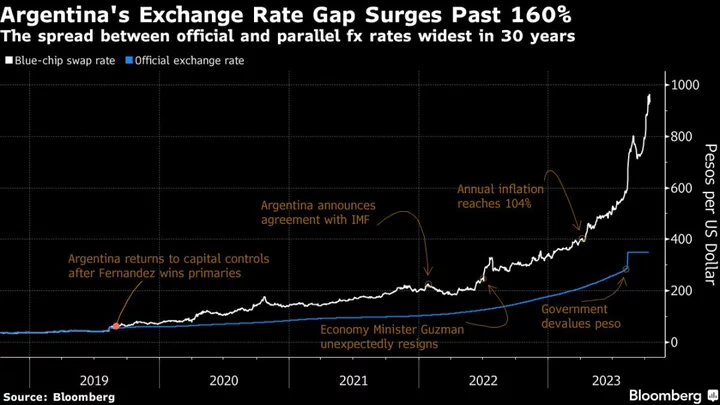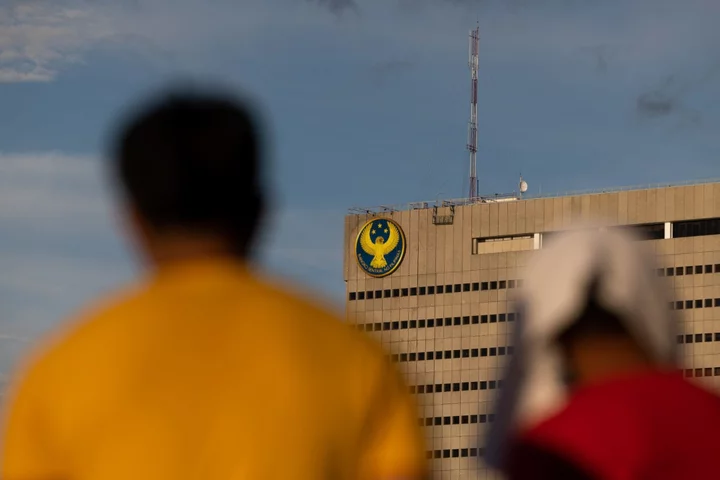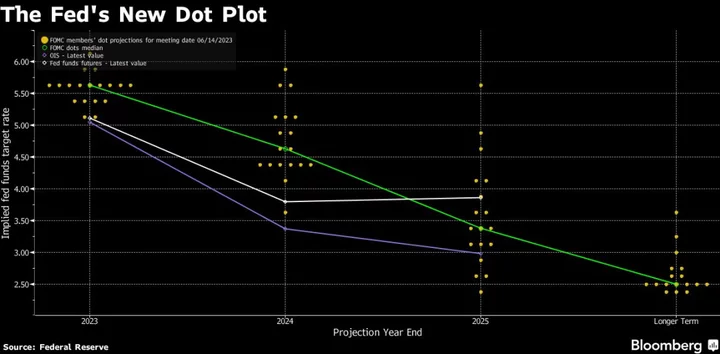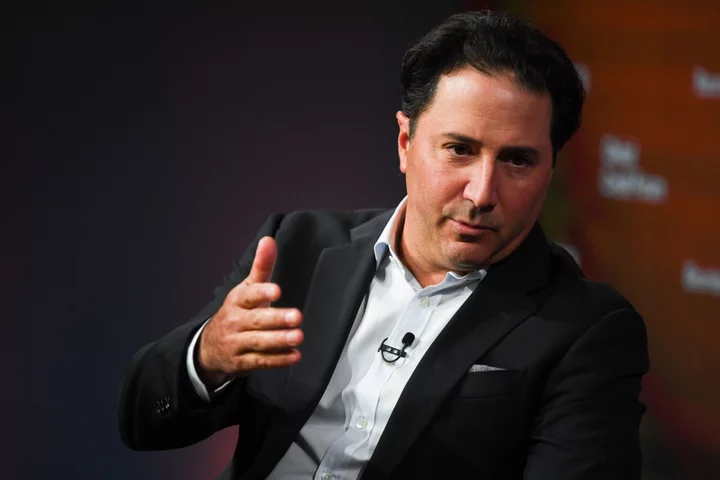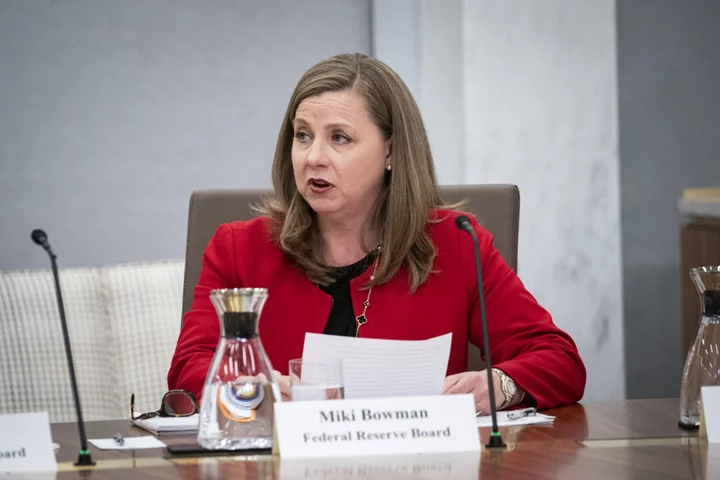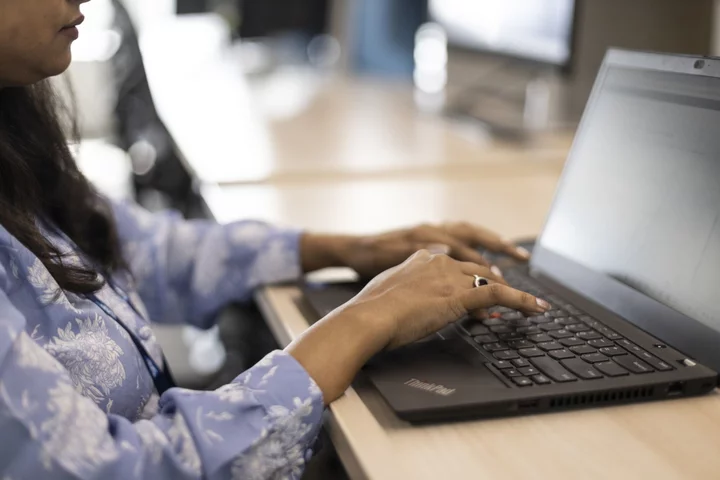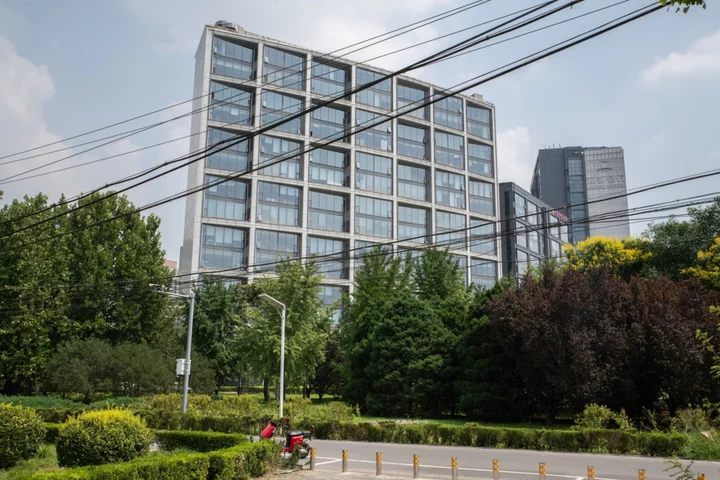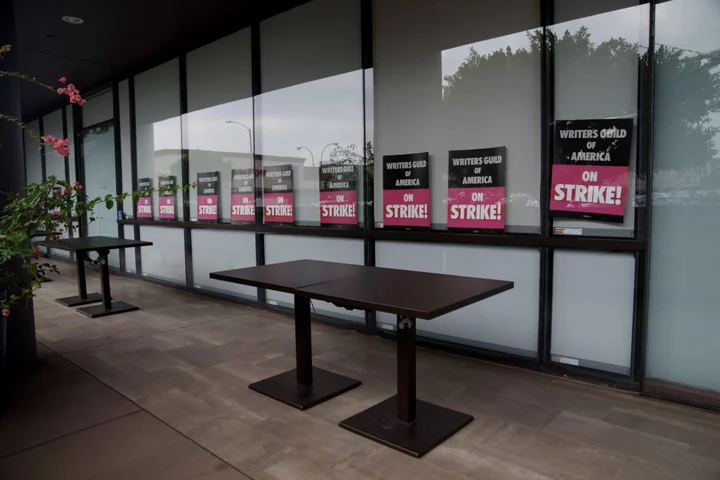Argentines are heading to the polls Sunday to pick a president they will trust with the urgent mission to pull South America’s second-largest economy from the brink of disaster.
With inflation running at more than 130% a year, a relentless currency plunge and activity nosediving, voters have spent the past few months debating who is best prepared to put the country back on track: Outsider libertarian candidate Javier Milei, pro-business leader Patricia Bullrich or Economy Minister Sergio Massa, from the incumbent Peronist party.
A candidate must receive at least 45% of valid votes to win outright, or 40% of them with a 10 percentage-point difference from the runner up. While that scenario isn’t impossible given poor recent polling in the country, the most likely outcome is a runoff election that will take place between the top two contenders on Nov. 19.
Read More: Inflation Raging at 130% Is Pushing Argentina Down Radical Path
Voting booths close at 6 p.m. local time, though it’s common for a federal judge to extend those hours if lines are long. Definitive results are expected late Sunday night.
Here’s what to watch:
Milei’s Momentum
Milei, who got into formal politics just two years ago, won an August primary election where participation of all candidates was mandatory, surpassing the two established coalitions led by Bullrich and Massa.
Such a surprising victory catapulted his campaign, building momentum that his contenders have struggled to combat. While many investors and pollsters don’t see him winning outright Sunday, that’s still a possibility. If there is a runoff vote, Milei will most likely be one of the candidates, but it’s less clear who he’ll face there.
Voter Participation
Many Argentines, disillusioned with politicians who have been unable to resolve decades of economic crisis, did not show up to vote in the primary election, which had a historically low participation rate of 69%.
While that rate is expected to remain near all-time lows, even a small increase would have an unpredictable effect on the results. Latin Securities, a Buenos Aires-based brokerage, estimates that an additional 2.5-4.5 million votes will be cast on Sunday. That could have a substantial impact in an election where the difference between the first and third-placed candidates in the primary vote was only 600,000 votes.
Argentines on Edge
An outright victory by Milei on Sunday would probably trigger another sharp selloff in the peso as he’s promised to dollarize the country and close the central bank — moves that economists say could tip the economy into hyperinflation. The official exchange rate, despite strict currency controls, is already down 50% so far this year. In parallel markets, which reflect what people say the currency is worth, the peso has weakened from 500 per dollar in July to over 1,000 per dollar earlier in October.
Following the unexpected result of the August primaries, the government devalued the peso’s official exchange rate by 18%. Concerns that another devaluation is coming after the Sunday vote have been mounting in the past few days, leading businesses to suspend sales of everything, from construction material to auto parts and even toilet paper.
Read More: Baffling Argentina FX Rates on Borrowed Time as Election Nears
Fearing their dollar deposits may not be guaranteed by the government, Argentines have withdrawn nearly $500 million from the banks just in the past week through Oct. 17, according to central bank data. That’s 3% of the total dollar deposits in the financial system.
Peronism’s Worst Election?
Underscoring the extent of Argentines’ disenchantment with mainstream politicians, Peronism may have its worst election performance since the country’s return to democracy in 1983. Argentina’s most dominant political force in the past 70 years, represented by Massa’s coalition, received only 27% of the votes in the August primary.
Read More: Javier Milei Gets a Challenge From Team That Beat Jair Bolsonaro
Yet Massa may still have a fighting chance if he makes into a runoff with Milei. The polarization between them could allow the savvy Peronist politician to capture more centrist voters who can’t stomach Milei’s most radical proposals.

